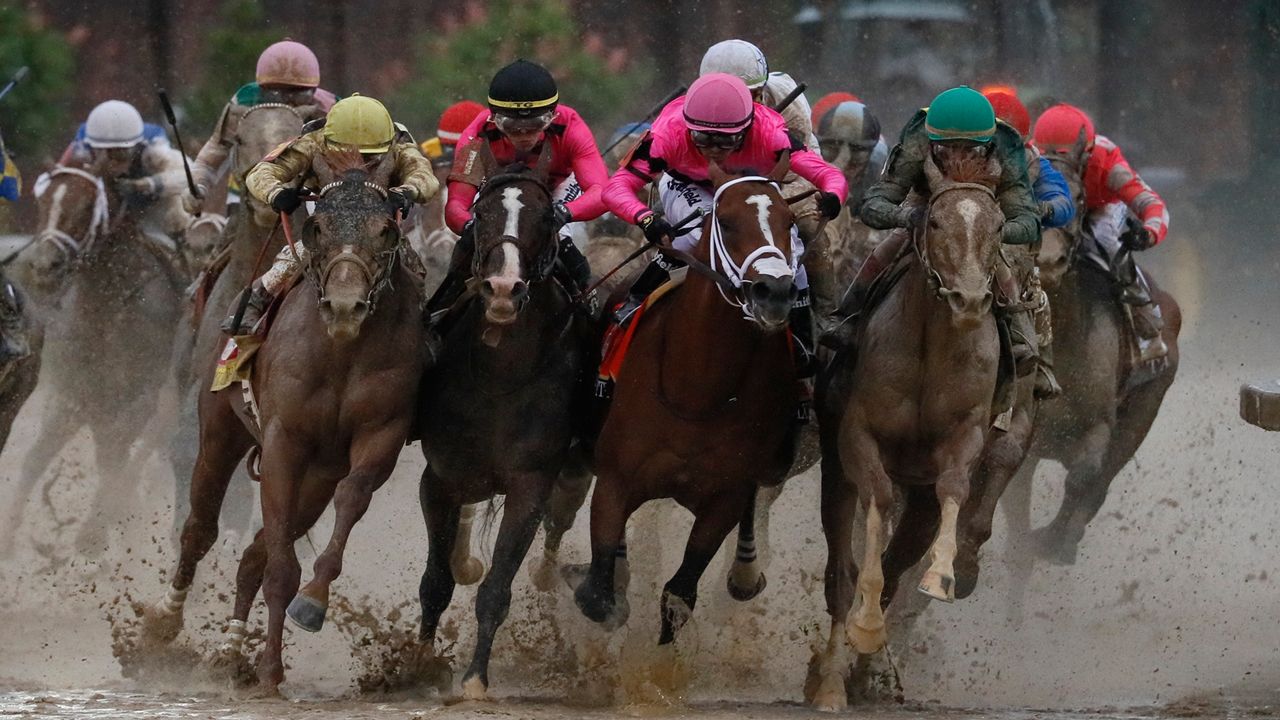LEXINGTON, Ky. — Kentucky's two most famous racetracks announced a joint initiative today to improve horse safety at Keeneland and Churchill Downs.
The sweeping reforms include mandatory veterinary examinations before workouts and races and enhanced reporting and transparency requirements for trainers and veterinarians regarding the fitness of horses to race and work.
Keeneland and Churchill will also ban race-day use of Lasix, an anti-bleeding medication, in all 2-year-old races beginning with Keeneland's 2020 Spring Meet and carrying on through the Spring Meet at Churchill Downs.
The racetrack presidents, Bill Thomason, and Kevin Flanery issued a joint statement saying, "These meaningful reforms further advance our commitment to create the safest possible environment for racing and training. Race tracks, horsemen and the veterinary community share a responsibility for the welfare of our human and equine athletes and to promote the sport for generations of fans to come.”
Before trainers and veterinarians can participate in racing at either track they must agree to the following:
- A trainer is not permitted to enter a horse in any race unless the horse has been found fit to race by the attending veterinarian during the three days immediately before entry, and
- A trainer is not permitted to work a horse unless the horse has been found fit to work by the attending veterinarian during the five days immediately before the work
Trainers and veterinarians must notify the equine medical director at the track and the Kentucky Horse Racing Commission (KHRC) of any changes in a horse's fitness after an exam. Also, all horses at both tracks will be subject to veterinary inspections by the respective equine medical directors.



